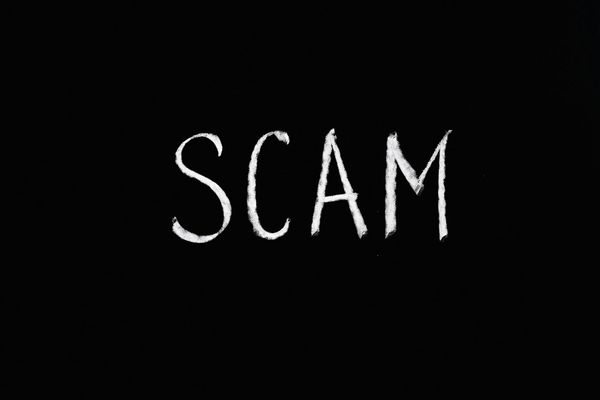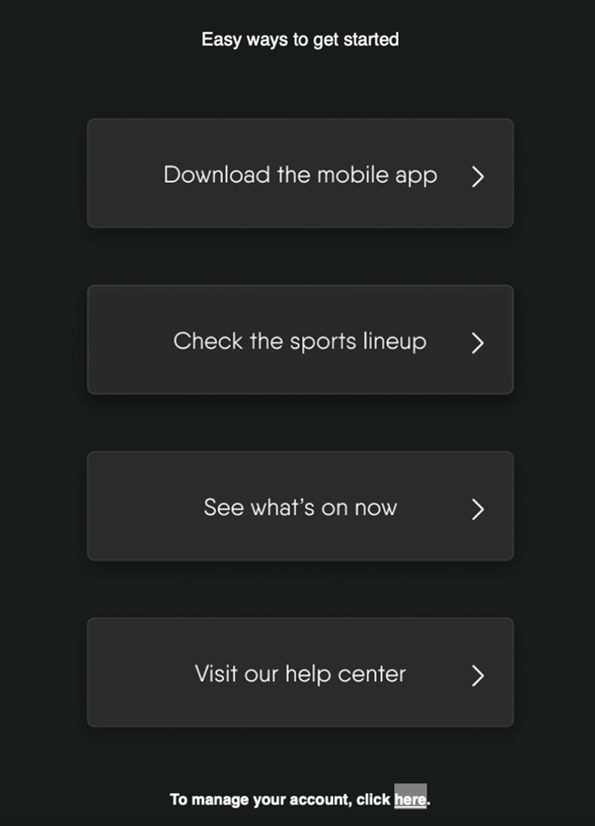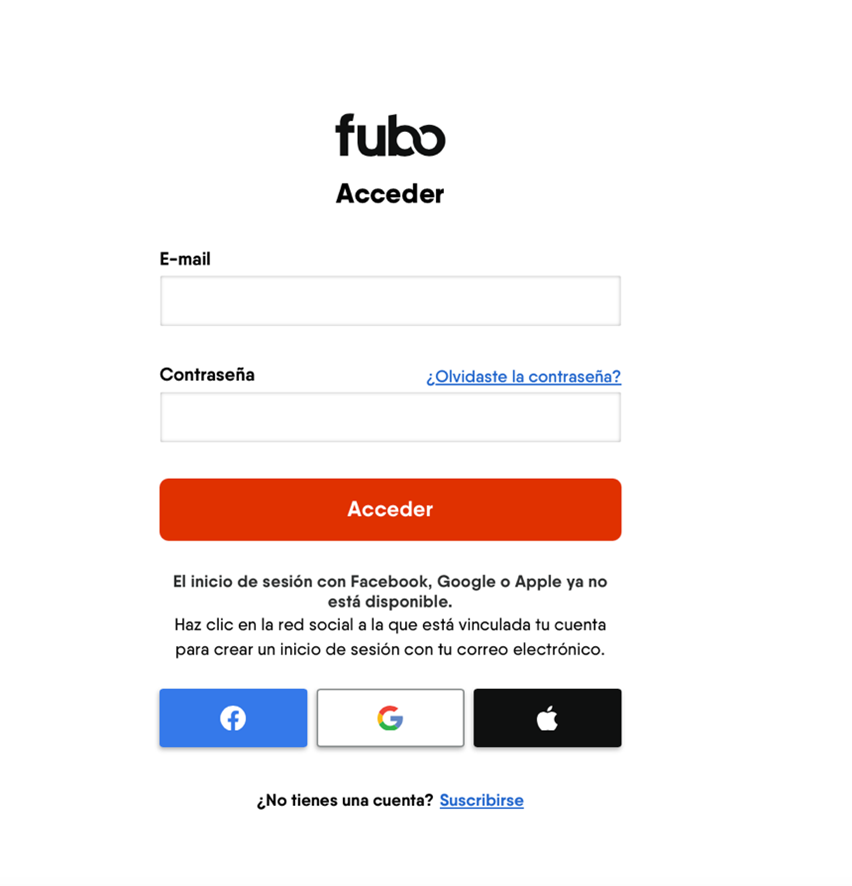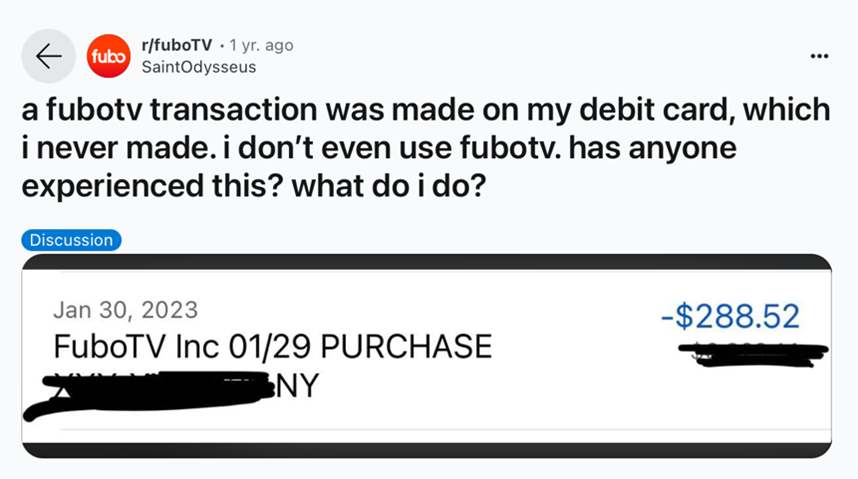Beware of Subscription Scams: The Fubo TV Case Study

If you ever receive a "Welcome" email for a service you never signed up for, don't panic, but don't ignore it either. It's most likely a subscription scam, and treating it as such from the very beginning can save you a lot of trouble.
While subscription-based online services offer convenience and access to a wide range of content and services, they also come with the risk of falling victim to subscription sign-up or renewal scams. Knowing these scams can help avoid unwanted charges, data loss, and potential identity theft.
Fubo TV email scam example
Here's an example of a phishing "Welcome" email received by someone who never signed up for the service. Fubo TV is a streaming service for live sports, news, and entertainment, and the recipient wasn't even interested in sports, so they knew something was amiss from the moment they saw the email in their inbox.

The email's text is quite convincing, especially the part where it states that the recipient must cancel before the end of the trial period to avoid being automatically charged. For a service you never signed up for, that's the first thing you'd want to do, right? Not quite.

Clicking on the provided link will lead to another fake page, where any information entered will go directly to the scammer. This is a common tactic used in phishing scams to steal sensitive personal and financial information.

What to Do Instead
1. Double-check the email with Scamio.
You can take a screenshot of the email or copy and paste the text. Scamio analyzes it and tells you whether it's a scam or not.
You can also check the email address the email was sent from. In this case, it was [email protected].
Scamio is available for free on any device or operating system via your web browser or Facebook Messenger.
2. Contact the company directly through verified channels and explain the situation. Let them know about the scam and ensure that you don't have an account with them.
3. Review your bank and credit card statements for unauthorized charges or subscriptions.
In the worst-case scenario, a fraudster might sign you up for a service without your knowledge or consent, having obtained not only your email address but also your payment card details. In this case, you may end up being charged for a service you never wanted or used.

These scams often attempt to obtain personal and financial information from their victims, putting them at risk of identity theft and financial fraud.
If you suspect that you have fallen victim to a scam, report it to your bank or credit card company, and to the relevant authorities such as the Federal Trade Commission (FTC) or the Internet Crime Complaint Center (IC3).
tags
Author
Cristina is a freelance writer and a mother of two living in Denmark. Her 15 years experience in communication includes developing content for tv, online, mobile apps, and a chatbot.
View all postsRight now Top posts
Start Cyber Resilience and Don’t Be an April Fool This Spring and Beyond
April 01, 2024
Spam trends of the week: Cybercrooks phish for QuickBooks, American Express and banking accounts
November 28, 2023
FOLLOW US ON SOCIAL MEDIA
You might also like
Bookmarks







